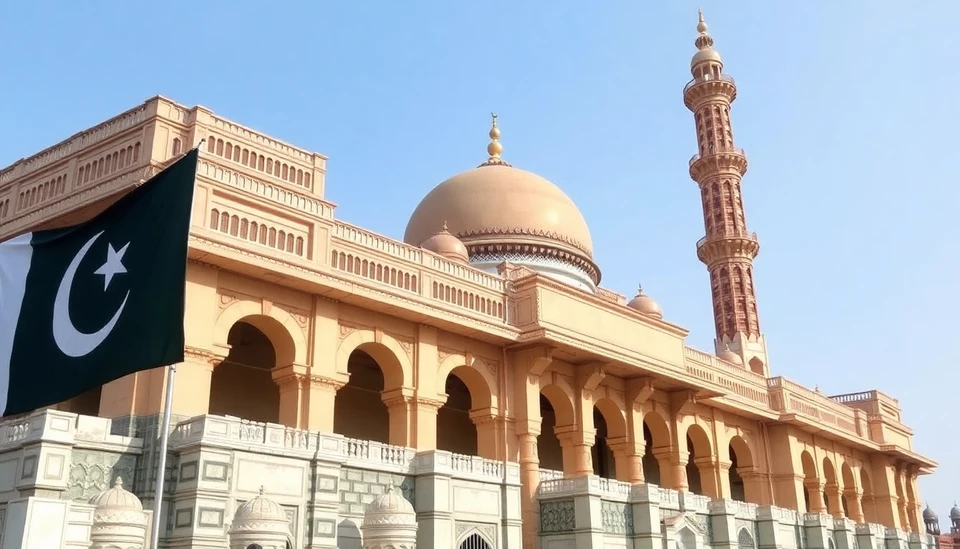
In a remarkable turn of events, Pakistan has witnessed a record surge in remittances, showcasing an impressive rebound in its economic landscape. As the country's economy stabilizes, overseas Pakistani workers have been sending back significantly higher amounts, with the latest figures revealing a substantial increase in financial transfers for the fiscal year.
According to recent data from the State Bank of Pakistan, remittances jumped to an unprecedented high of $31 billion, marking a 20% increase from the previous fiscal year. This surge is indicative of the resilience and adaptability of the Pakistani diaspora, who play a pivotal role in supporting the national economy through their financial contributions. Experts have attributed this rise to various factors including strengthened economic policies and improved living conditions for expatriates abroad.
The Pakistani government has taken strategic measures to foster an attractive environment for overseas workers to send money back home. Efforts to streamline transfer processes and reduce transaction fees have been particularly effective in encouraging higher remittance inflows. Notably, the introduction of digital banking solutions and mobile money applications has also facilitated easier and more secure transactions for many Pakistanis working abroad.
In addition to the economic reforms, the enhanced global economic situation following the recovery from the pandemic has played a crucial role in boosting remittances. Countries with a significant number of Pakistani expatriates, particularly in the Gulf region and Europe, have seen a revival in job opportunities, which in turn has led to increased earnings for many workers. As a result, these individuals have been more capable and willing to send funds back home to support their families and invest in local economies.
This influx of remittances is vital for Pakistan's economic recovery, as it alleviates pressure on the current account deficit and provides crucial foreign exchange reserves. Analysts predict that if this trend continues, it could significantly enhance Pakistan's financial stability and lead to broader economic growth in the coming years. Strong remittance flows have historically been a stabilizing factor for the country's economy, and the latest figures suggest that such support will be essential as Pakistan navigates its way out of recent economic challenges.
As the economy continues to improve, there are hopes that remittances will reach new heights. The Pakistani government is optimistic about creating additional programs aimed at attracting further investment from expatriates, which would further contribute to domestic development projects and uplift the overall economic environment. The synergy between the diaspora's financial support and the government's economic policies may well set the stage for a more prosperous future.
In conclusion, the record remittance inflows offer not just a numerical achievement, but also symbolize the resilience and tenacity of the Pakistani people both at home and abroad. As the nation stands on the brink of continued recovery and growth, the spotlight remains on the vital role that remittances will play in shaping Pakistan's economic narrative in the years to come.
#Pakistan #Remittances #EconomicRecovery #Expatriates #FinancialSupport #StateBankOfPakistan #GDPGrowth
Author: Rachel Greene




